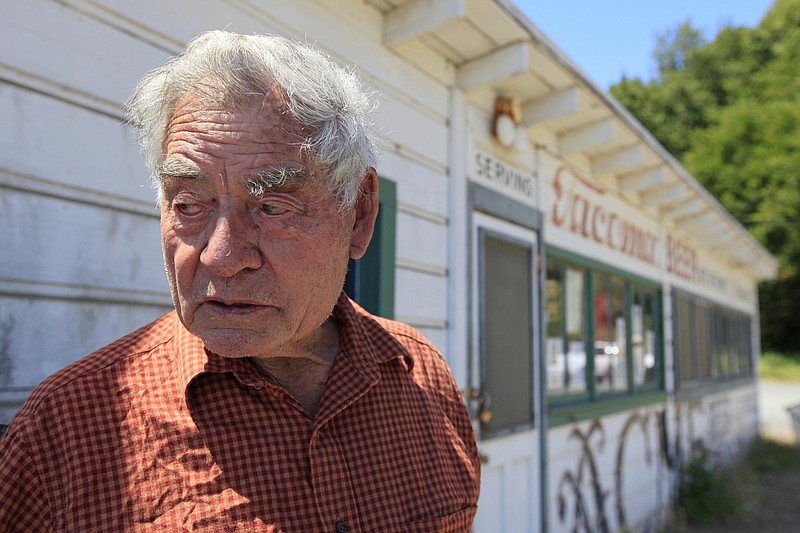CHINA CAMP STATE PARK, Calif. (AP) - The last remaining resident of a shrimping village established by Chinese immigrants on the northern shore of San Francisco Bay has died.
The Marin Independent Journal reports (http://bayareane.ws/2bqCCsV) Frank Quan died of natural causes on August 15. He would have been 91 this week.
Quan was born in and lived most of his life in China Camp Village, which once thrived near San Rafael in Marin County in the late 19th and early 20th centuries.
He played a key role in transforming China Camp into a state park in the 1970s after a developer donated the 36-acre village to be preserved as a living memorial to the Bay Area's Chinese-American history.
Until his death, he fished in the waters, maintained historic buildings and equipment and ran a small diner his family had operated for generations. Most of his catch was sold as bait, but on weekends he would cook and serve clam chowder to park visitors.
"Frank was such a rare character, really the true living history of China Camp," said John Muir, a longtime friend and board member of Friends of China Camp. "When you visit the village, it feels like you have stepped back in time, and a lot of that feeling is there thanks to Frank."
At its height in the 1880s, the village was home to 500 Chinese people, many of whom moved from cities to the remote camp to escape anti-Chinese sentiments sweeping across California. They made their living catching shrimp on San Pablo Bay before drying, sorting and shipping them back to their ancestral homeland. The village's economy suffered a severe blow in the early 1900s when the export of shrimp was outlawed and the use of bag nets, then the most efficient way of catching shrimp, was prohibited.
Quan said shrimp in the bay were depleted in the 1960s when river water that normally would have poured into the bay was diverted, making the bay too salty for shrimp to thrive.
"We used to pull out 3 million pounds of shrimp a year around here. One boat could bring in two tons a day," Quan told The Associated Press in a 2011 interview. "It's hard to see this all go to hell in a lifetime."
A public memorial and celebration of Quan's life is being planned.
